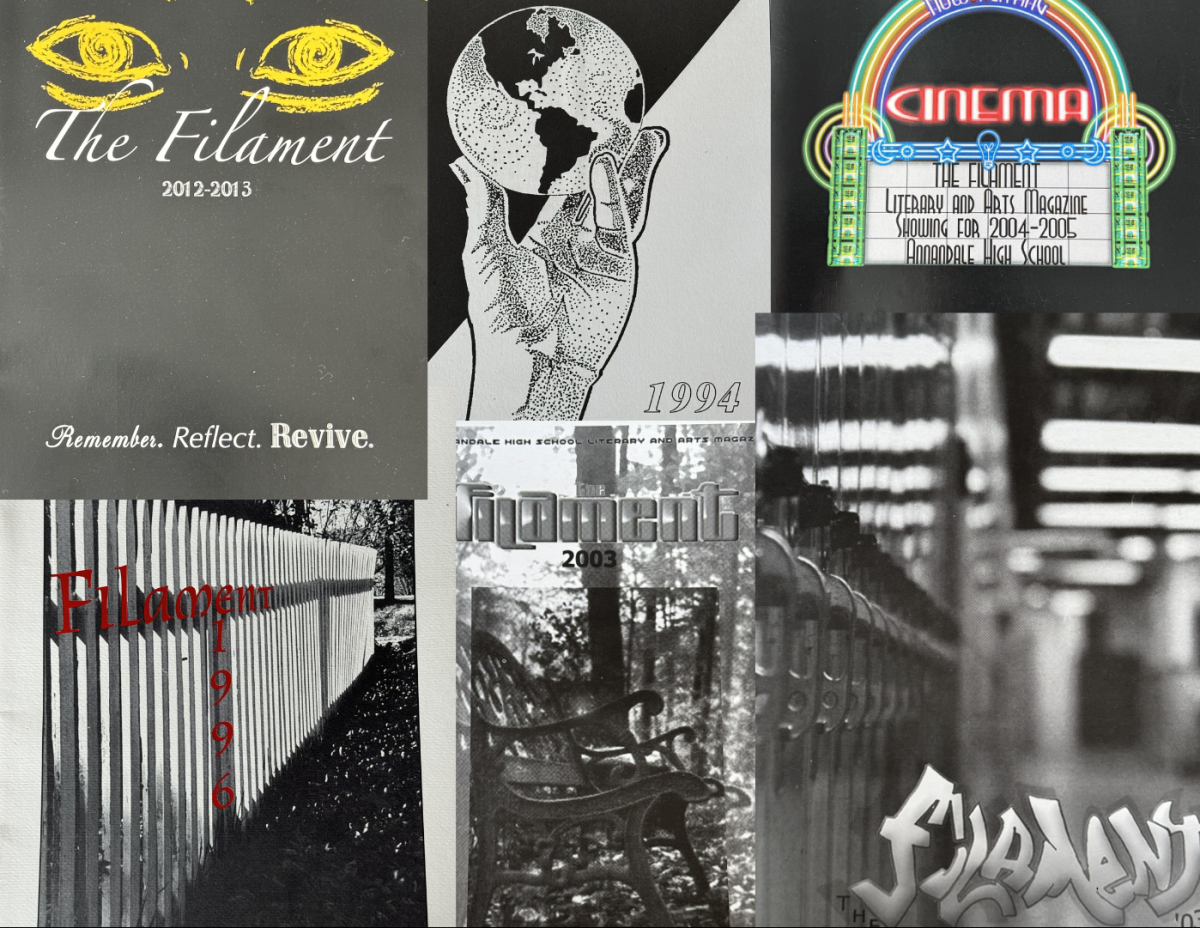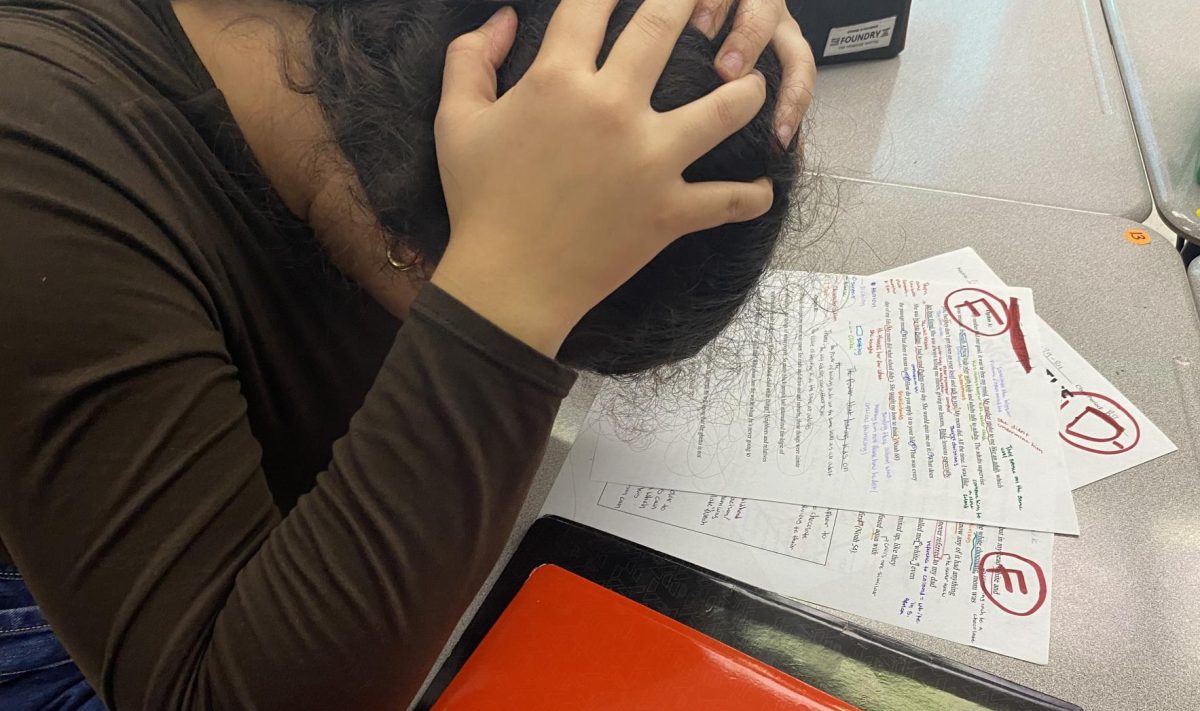I have attended a public school since I entered kindergarten in 1999, and although I would generally describe my experience as a positive one, I have also experienced first hand some of the fundamental problems with the system.
Most frustrating is that it is almost impossible for counties nationwide to manage their personnel. It’s not just that ineffective or unqualified teachers cannot be removed from the system, but that the highly successful teachers cannot be rewarded for their success. Because the payroll is based off of the number of years a teacher has been in the county or at the school, many young successful teachers are under-compensated. There is nothing intrinsic to someone who is 50 that makes them more qualified than someone who is 30. Moreover, the education system’s misguided emphasis on age is not limited to their staff.
Students are pushed through the system in batches, and, to quote British author and education expert Sir Ken Robinson, “It’s like the most important thing about [kids] is their date of manufacture.” Assuming that kids of a certain age group are at the same intellectual and maturity level results in a school atmosphere focused on keeping the attention of the kids in each grade who haven’t reached the maturity level of their classmates. It’s the experience of the kindergarten teacher spending half the class trying to get that one kid to stop throwing a tantrum under the table, or the high school teacher who repeatedly interrupts his or her lecture to wake up the sleeping kids in the back. Why do teachers focus on these students? Granted, this gap is diminished once students reach their junior year in high school and can take IB or AP classes, but that’s only two years. If the education system took half the time it spends on the kids who don’t want to be there, and put it towards everyone else, it could really enrich their educational experience.
This focus is also manifested in the atmosphere of AHS. The ridiculous number of passes and, my personal favorite, the hand stamp for after-school bus riders, are not only inconvenient, but they create an incredibly stifling atmosphere, as if students shouldn’t be trusted. As Robinson points out, the separation of the subjects and the bell schedule hearkens back to the industrial period, when our modern system of education was formed. Another relic of the industrial period still evident in today’s system is the lack of value placed on non-core subjects such as music programs, art classes, journalism and other writing classes. The school boards make this really obvious when they have to shrink the budget, because they pick these “elective” classes as the ones to cut. They don’t value classes that promote creativity and individual thinking because those classes weren’t valued when the system was created.
To me, all of this is a strong argument for change. We need a new education program to create a new environment that promotes effective and innovative teaching methods aimed at the students who want to learn, and values individuals creative abilities as much as their critical thinking skills.







